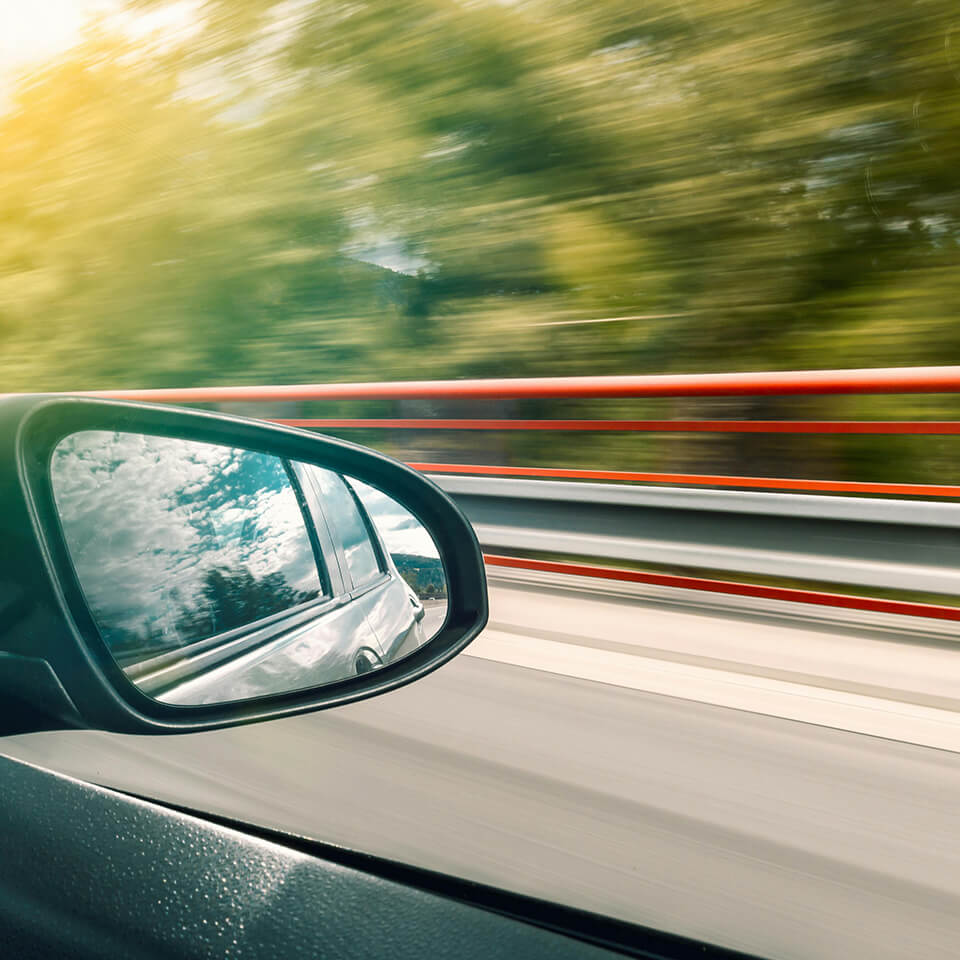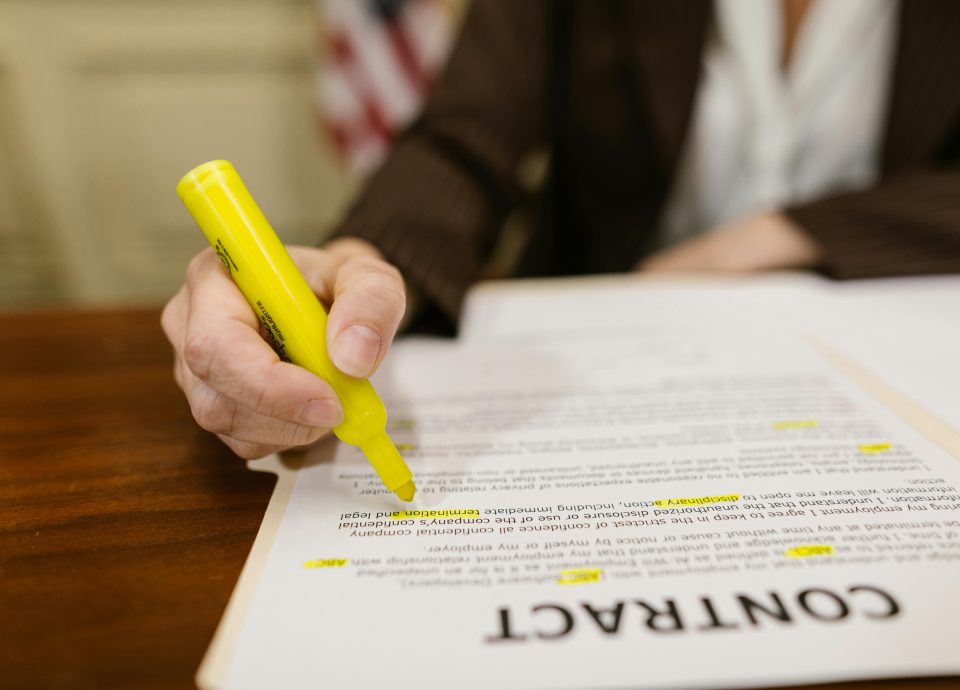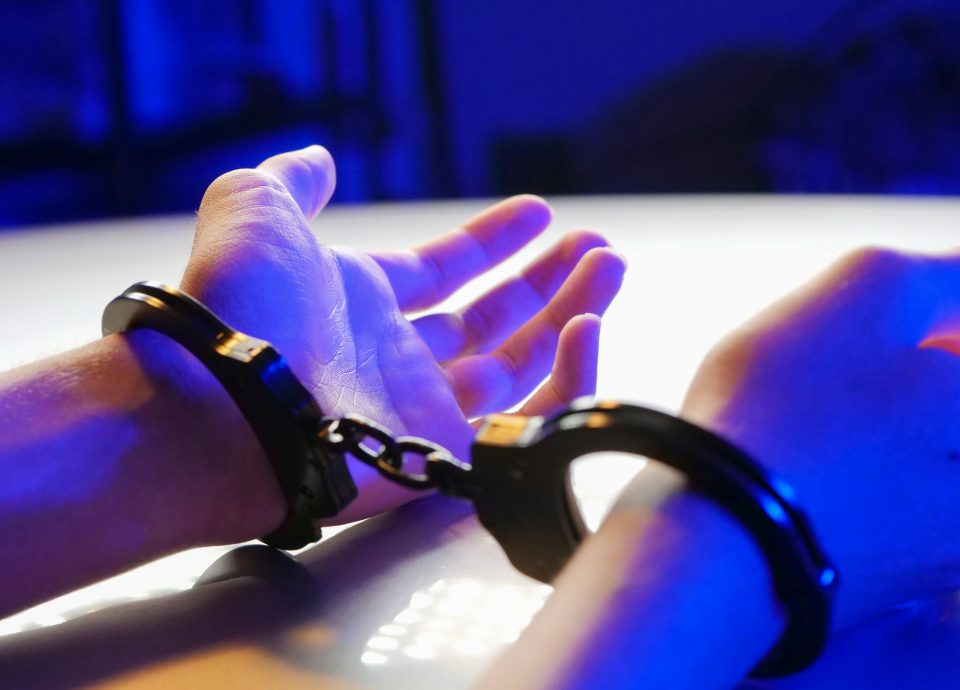Michigan’s Roadside Saliva Testing Pilot Program
In 2017, the State of Michigan launched a one-year pilot program to test for drugged driving. The program was rolled out in Kent, Berrien, Delta, St. Clair, and Washtenaw counties, and ended in November 2018. According to Michigan State Police statistics, drugged driving crashes increased by nearly 32% from the previous year, prompting expanded enforcement efforts.
As part of the program, drivers were asked to submit an oral swab for roadside saliva testing. The saliva test screens for the presence of:
- Benzodiazepines
- Marijuana (THC)
- Cocaine
- Opiates
- Methamphetamine
Combined with a Drug Recognition Expert (DRE) examination, these tests often give police the justification to require a blood test.
Michigan’s Zero Tolerance Policy
Michigan is a Zero Tolerance state. That means operating a vehicle with any amount of an illegal drug in your body is enough to face a drugged driving charge. Unlike drunk driving, which has a .08 BAC threshold, there is no minimum limit for drugs. The penalties are the same as alcohol-related OWI charges and may include:
- Driver’s license suspension
- Six points on your license
- Expensive fines and court costs
- A permanent criminal record
Drug Recognition Experts (DRE)
With drunk driving arrests declining, Michigan law enforcement has shifted its focus to drug-impaired driving. Police officers are now trained as Drug Recognition Experts through a short program certified by the International Association of Chiefs of Police. After just two weeks of training, including practice sessions on inmates, officers are deemed “experts” in detecting drug impairment.
A DRE officer conducts a 12-step evaluation that may include:
- Measuring blood pressure, heart rate, and body temperature
- Checking pupil size and eye response
- Inspecting arms for needle marks or bruising
- Asking detailed questions about drug or alcohol use
These exams are usually performed at a police station or jail, last about 45 minutes, and are voluntary. You have the right to refuse a DRE evaluation.
Refusing a Roadside Saliva Test
If you refuse to provide a saliva swab, you can be cited with a $200 civil infraction. This is similar to refusing a roadside PBT alcohol test. Importantly, refusing a roadside saliva swab does not carry the same penalties as refusing a breath or blood test at a police station or hospital. The latter can result in harsh driver’s license sanctions under Michigan’s Implied Consent law.
Why Legal Counsel Is Critical
Drugged driving is taken just as seriously as drunk driving in Michigan. Even a first offense can lead to thousands of dollars in fines, court costs, attorney fees, skyrocketing insurance premiums, and loss of driving privileges. Three offenses elevate the charge to a felony with life-altering consequences.
If your case involves a roadside saliva test or a Drug Recognition Expert evaluation, you should contact an experienced drugged driving lawyer immediately. Attorney Bruce Alan Block has been defending clients in Grand Rapids and across West Michigan since 1992 and has extensive experience challenging DRE evidence.





